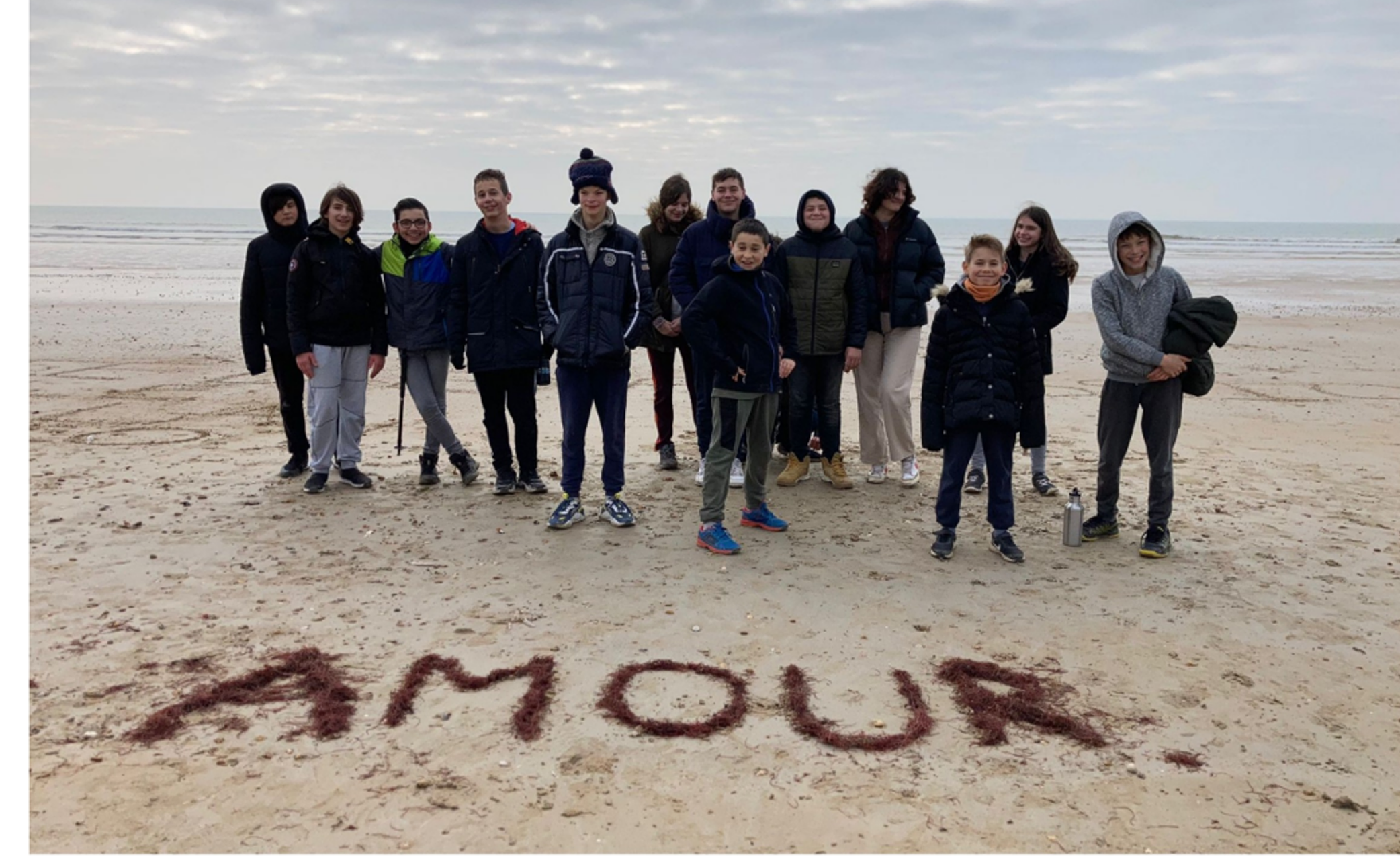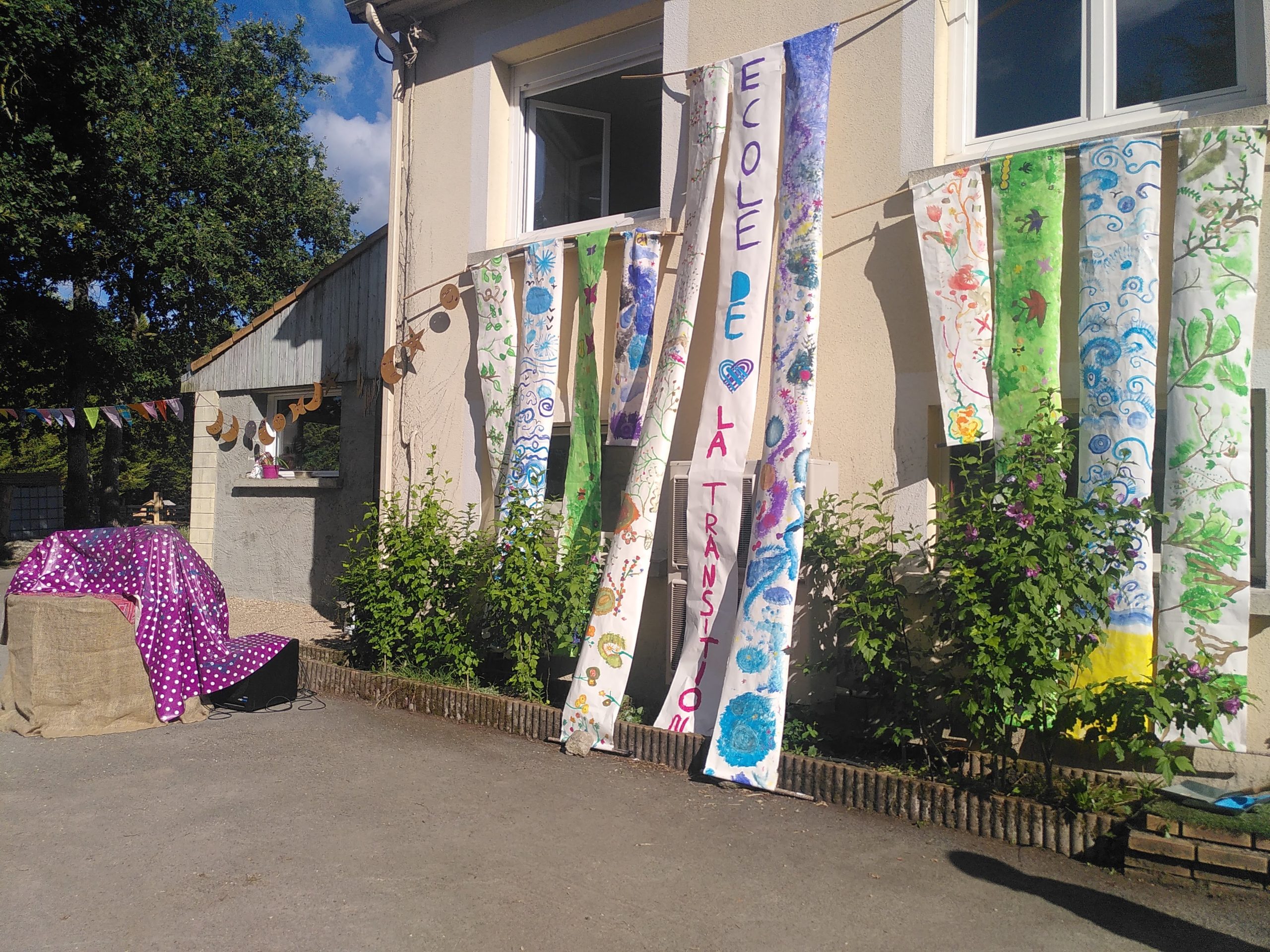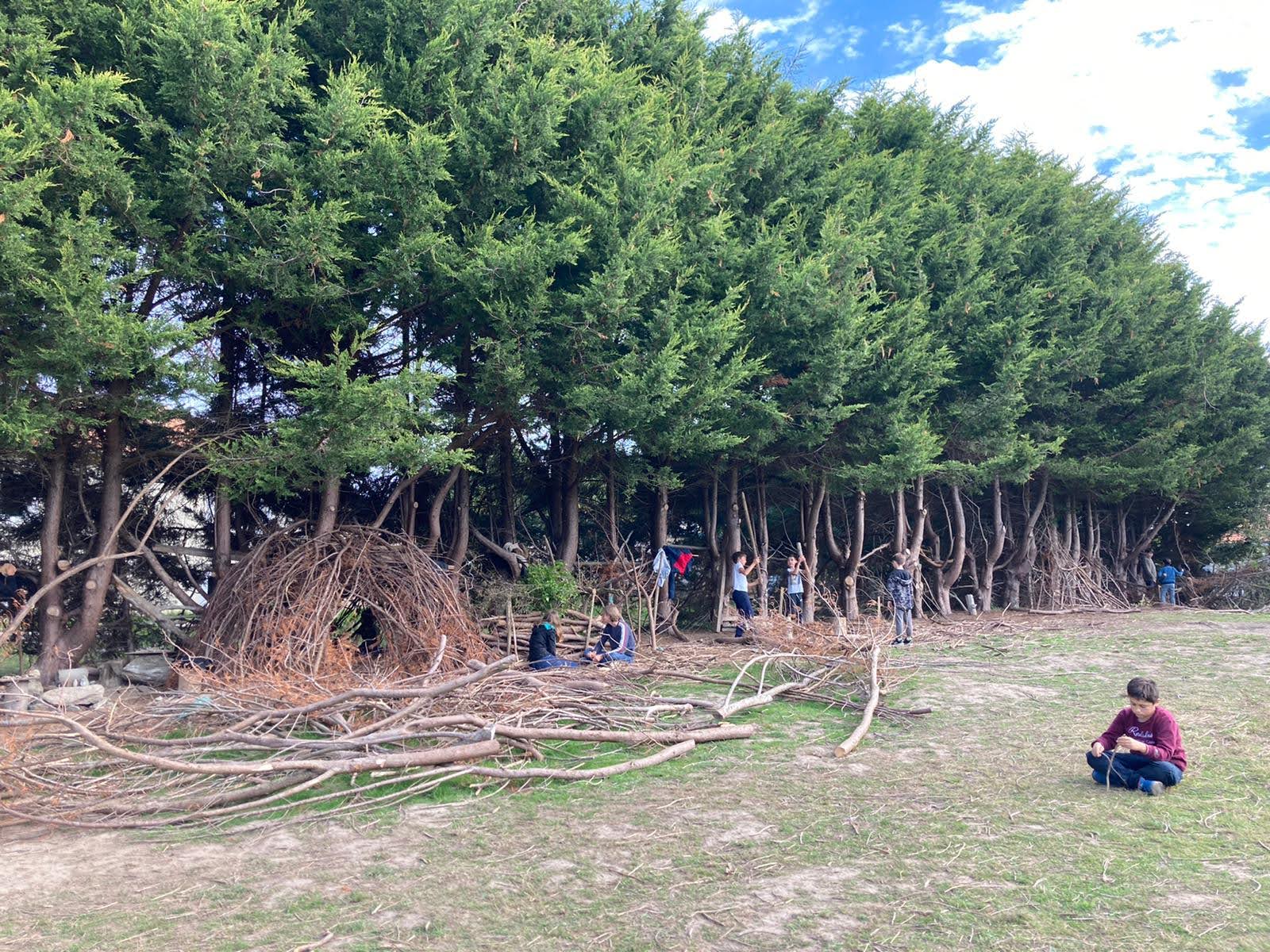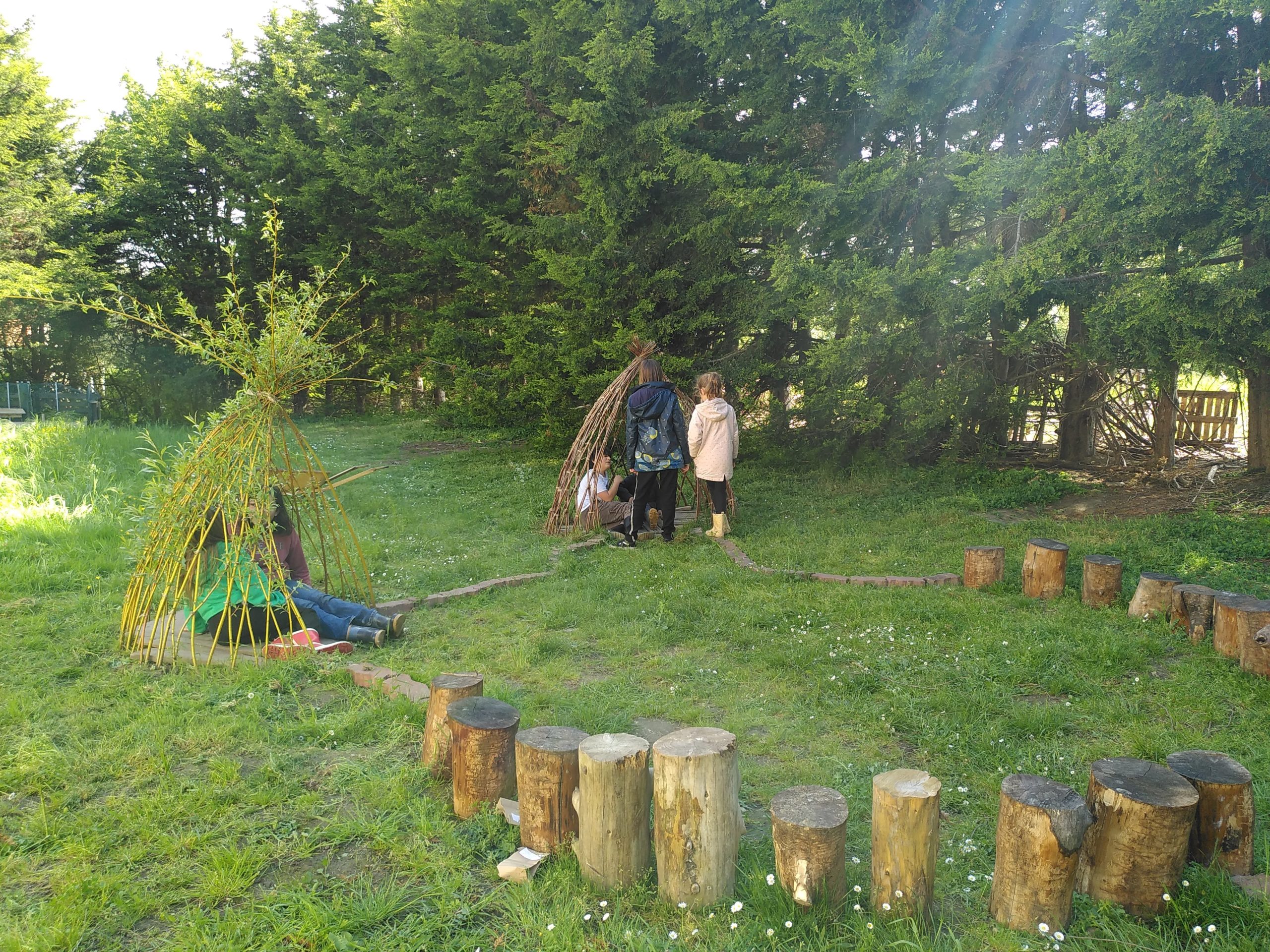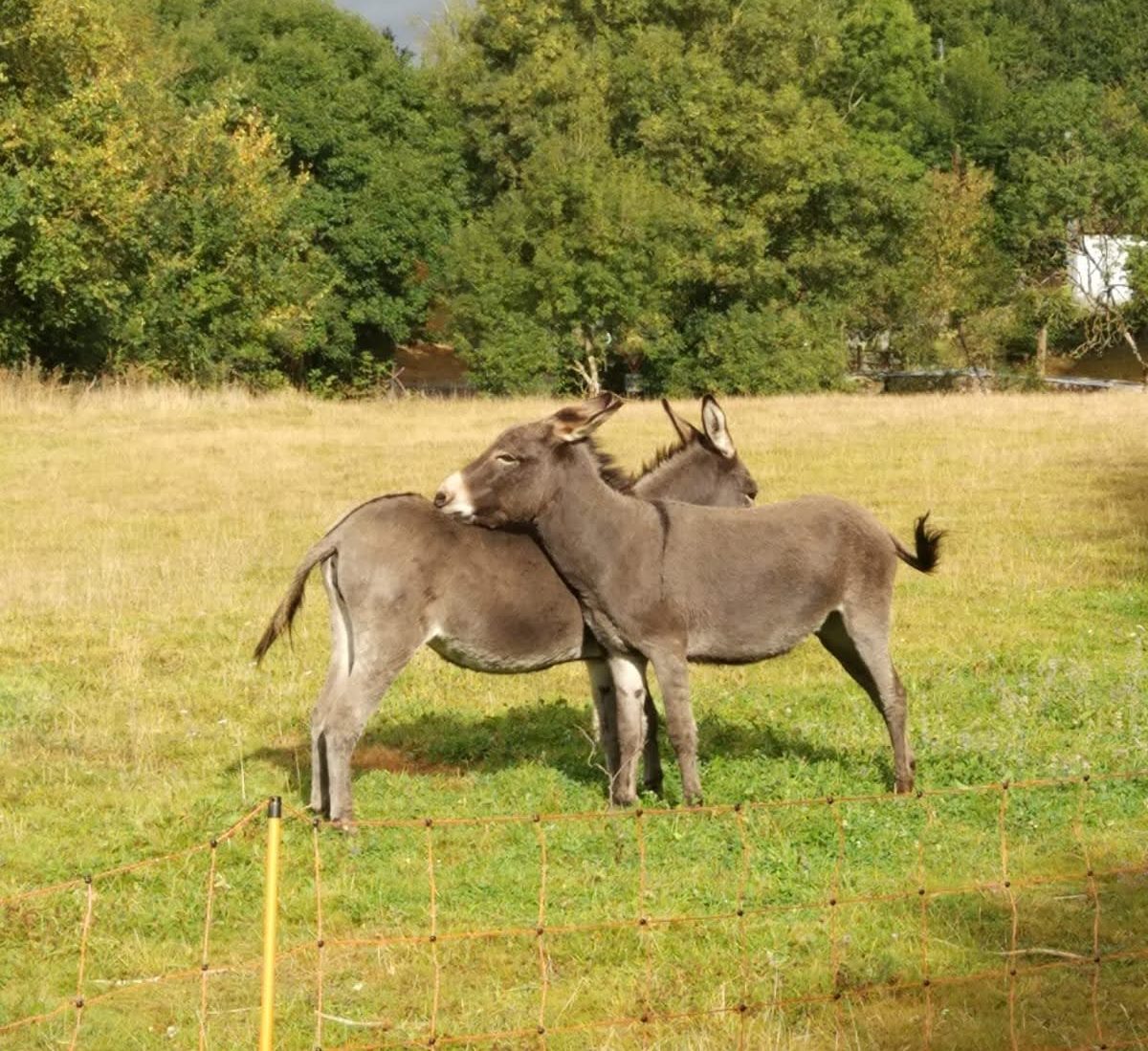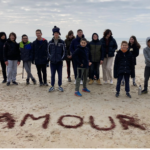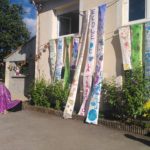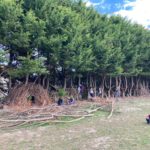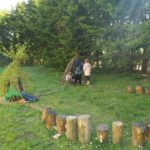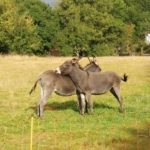Teacher: Maïlys Reneaume
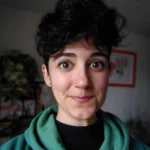
Maïlys Reneaume
After five years of working as a consultant, I decided to finally do something useful and aligned with my values and so I became a teacher. First I taught natural sciences for two years in a public middle school, and for the last two years I’ve been teaching in an amazing alternative school. There, we try to work on living as sustainably as possible, to welcome and include children with all their diversity, to include them in all the school projects and to let them take responsibility when they feel up to it.
Overview
The teachers at Ecole de la Transition have taken a novel approach to running a school. Their school strives to integrate all students into its learning environment and has a sustainable ethos at its heart. The school takes an alternative approach to providing learning with learners interacting with and taking responsibility for the school grounds and the animals that are found there.
Theory of Change
The school aims to foster a sense in learners that it is possible to live sustainably. They do this by providing opportunities for learners to experience hands-on and integrated learning around sustainability and by allowing learners ways to self-express and develop agency. There is also a focus on changing the mindset of adult stakeholders in the school towards a collaborative model of teaching such as ‘Teaching as collective Leadership’.
Approach and Actions
The school takes learners between the ages of three and 17. There are currently 85 learners at the school and 12 teachers. A variety of animals are also found at the school including chickens, goats and donkeys. The grounds are composed of a small forest, a pond area, a stream, an orchard and an area for growing vegetables. Mornings at the school are devoted to traditional lessons (mathematics, languages, science, history etc) while afternoons are focused on creative activities and outdoor activities (sports, literary cafes, sewing, cooking, art etc). During the lunch breaks students are divided into small teams and each team takes responsibility for maintaining a different part of the school grounds (including taking care of specific animals and or digging in the vegetable garden). Thematic weeks are scheduled before the end of each semester and are comprised of workshops on one or two themes (e.g. ‘Inventing a stellar-system’ or ‘Building the stage for the school show’). The learners can choose the workshop they wish to attend. Some year-long projects are also in place which guide some traditional learning lessons e.g. an elementary water project currently guides some science and geography lessons and connects them to other subject areas and to the school’s overall ethos.
Impact
The school has a big effect in terms of sustainability and providing quality education. It has reduced its carbon and water footprints through various school-wide management efforts such as instigating a fully vegetarian menu in the canteen and installing dry toilets. The school has also managed to preserve the biodiversity that existed on the site and has now been recognised as a biodiversity refuge (under a scheme run by Ligue pour la Protection des Oiseaux). The school is proud of providing quality education in an inclusive environment with students from a variety of neuro-diverse backgrounds supported in their learning. And finally, the inclusive and supportive environment has been shown to effectively help students who previously had bad experiences in school, increasing their confidence and ensuring they have a happy overall experience of learning.
